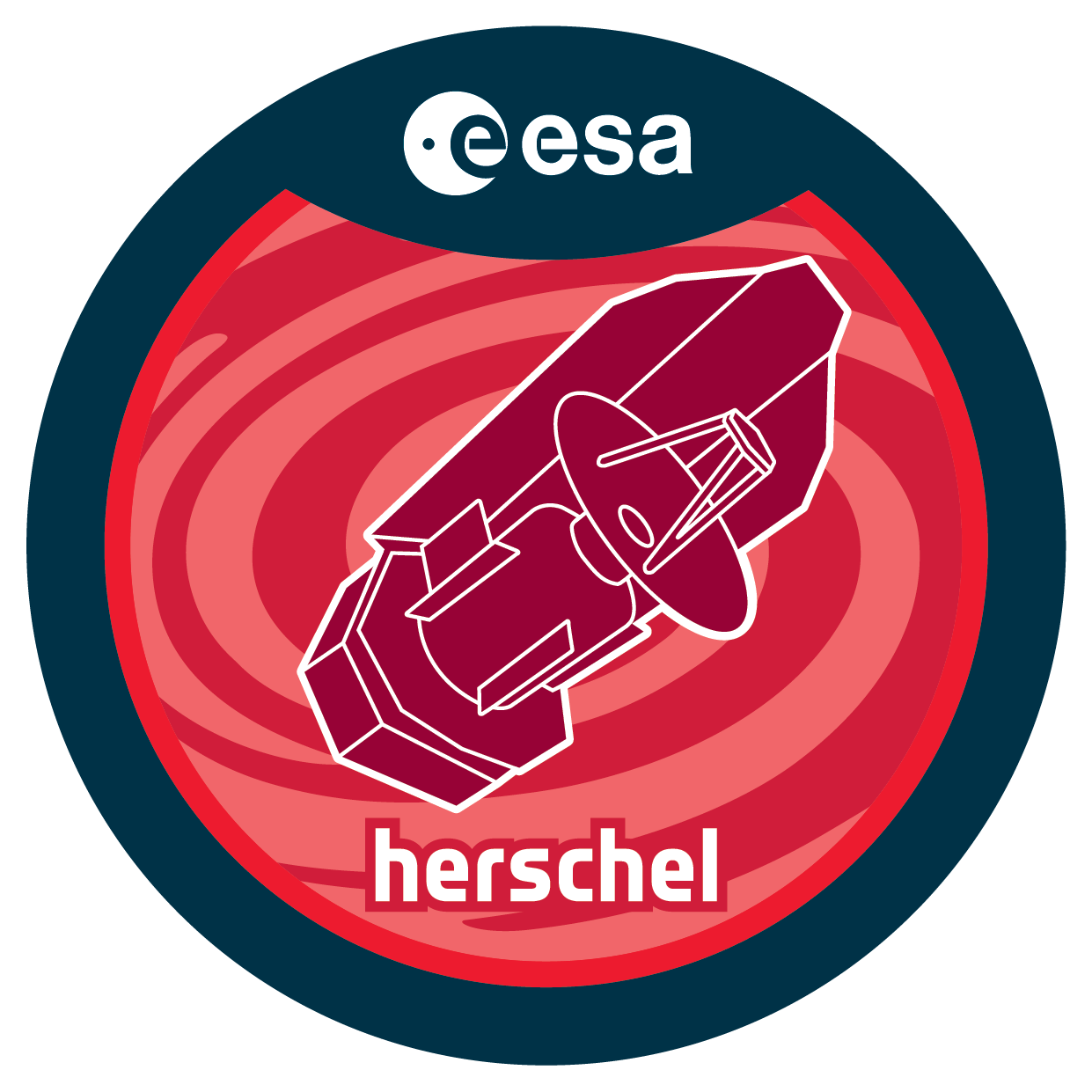

| Name | OT2_kcroxall_1 |
| Title | Towards a Resolution of Uncertainties in Calibrating Nebular Abundances |
| URL | http://archives.esac.esa.int/hsa/whsa-tap-server/data?retrieval_type=OBSERVATION&observation_id=1342269442&instrument_name=PACS&product_level=LEVEL0&compress=true |
| DOI | https://doi.org/10.5270/esa-vvw3eop |
| Author | croxall, k. |
| Description | We propose to measure the far-infrared (FIR) O III transitions in several extragalactic HII regions with the goal of understanding the proper calibration of gas phase oxygen abundances. Despite being a key attribute that influences galaxy evolution, the absolute scale of nebular abundances are highly uncertain (0.7 dex). This uncertainty is rooted in the limitations of optical emission lines that are strongly affected by temperature variations and extinction. With Herschel we have the ability to solve this long standing calibration uncertainty. To this end we propose observations of HII regions in nearby galaxies that will complement Herschel O III observations by Herschel Open Time Key Projects and allow complete coverage of the range of metallicities present in the local universe. High quality optical spectra already exist for all of the targets we propose. Thus, we have an unprecedented opportunity to finally calibrate the chemical abundance scale across several decades of metallicity using the PACS spectrometer on-board Herschel. The FIR is a critical wavelength regime that has never been visible with the resolution possible to begin matching measurements with long-slit optical observations. This is a unique opportunity to constrain chemical evolution models and the enrichment history of the local universe. |
| Publication | |
| Instrument | PACS_PacsRangeSpec_point, PACS_PacsLineSpec_large, PACS_PacsRangeSpec_large |
| Temporal Coverage | 2013-04-06T05:39:03Z/2013-04-28T19:56:19Z |
| Version | SPG v14.2.2 |
| Mission Description | Herschel was launched on 14 May 2009! It is the fourth cornerstone mission in the ESA science programme. With a 3.5 m Cassegrain telescope it is the largest space telescope ever launched. It is performing photometry and spectroscopy in approximately the 55-671 µm range, bridging the gap between earlier infrared space missions and groundbased facilities. |
| Creator Contact | https://support.cosmos.esa.int/h®erschel/ |
| Date Published | 2013-10-28T19:35:21Z |
| Last Update | 2025-01-24 |
| Keywords | Herschel, HSC, submillimetre, far-infrared, HIFI, PACS, SPIRE |
| Publisher And Registrant | European Space Agency |
| Credit Guidelines | European Space Agency, croxall et al., 2013, 'Towards a Resolution of Uncertainties in Calibrating Nebular Abundances', SPG v14.2.2, European Space Agency, https://doi.org/10.5270/esa-vvw3eop |